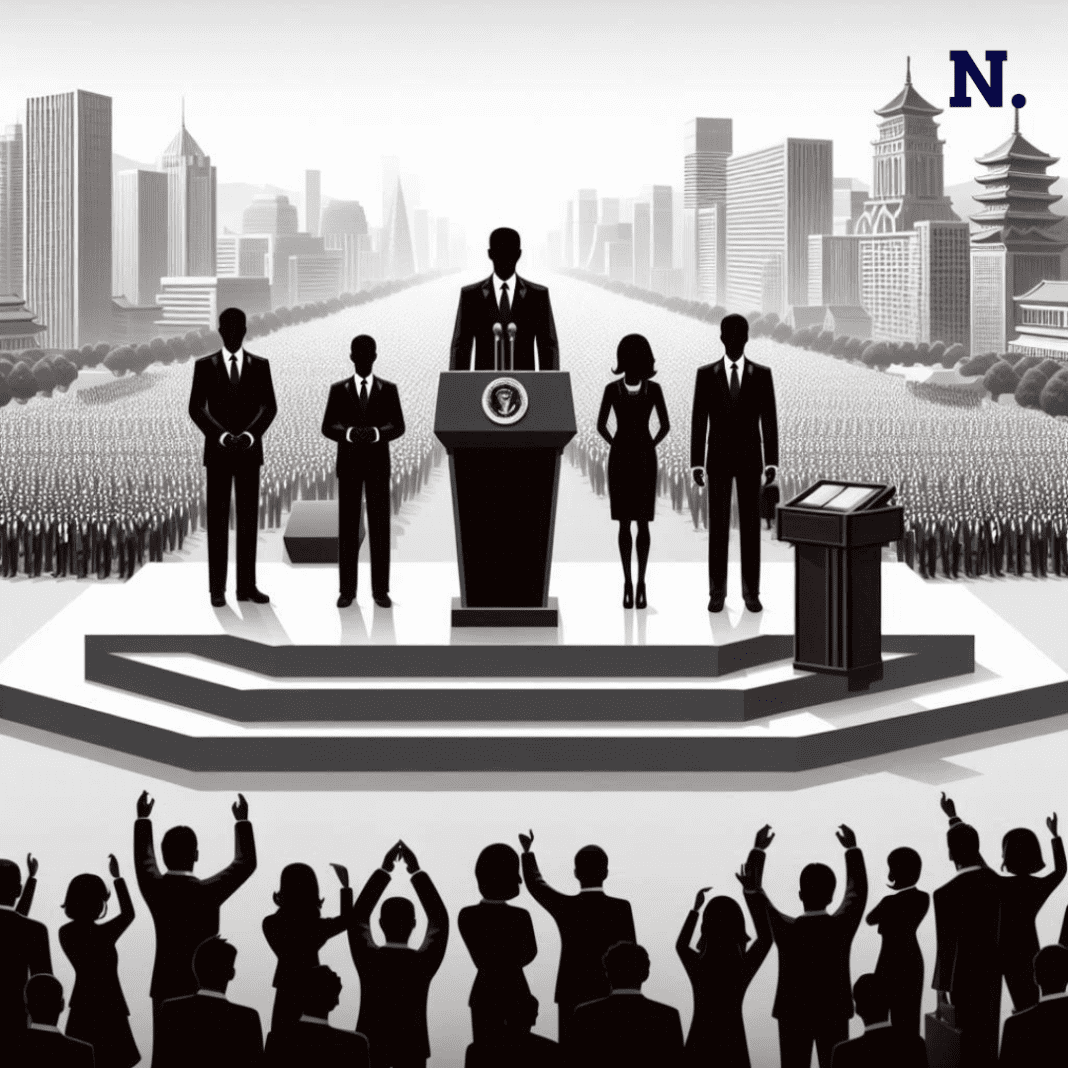Former Bolivian President Evo Morales has accused current President Luis Arce of orchestrating what he calls a “self-coup” to gain political advantage. This accusation marks a significant escalation in their already strained relationship. The controversy stems from recent events involving the military’s actions in Bolivia.
The Allegations of a Self-Coup
About 200 soldiers with tanks marched towards Bolivia’s government palace. At first, Morales said it seemed like an attempt to overthrow the government. He stressed how important it is for everyone to follow the rules of democracy and law. But on Sunday, Morales changed his mind. He joined others who think Arce might have planned it to get support when he’s not very popular. Morales said Arce tricked people in Bolivia and around the world.
Supporting Claims about the Self-coup
Morales backed claims from ex-General Juan José Zuñiga, who supposedly led the alleged coup. Zuñiga reportedly told friends and family about his plans beforehand. While detained, Zuñiga said Arce had betrayed him, quoting Arce as saying urgent action was needed to boost his popularity. Arce’s rivals called this a “self-coup.”
Morales demanded an outside investigation into the military’s actions that day. In reply, Government Minister Eduardo del Castillo dismissed Morales’ claims, suggesting Morales thought a coup needed casualties. This highlighted tensions between Morales and Arce, making Bolivia’s politics more complex.
Political Influence: Morales and Arce
Despite their difficult relationship, Morales still holds sway in Bolivia, especially among coca growers and labor unions. Meanwhile, Arce is facing growing dissatisfaction due to economic problems in the country. Morales, who used to be Arce’s supporter, stepped down as president in 2019 amid protests after seeking an unconstitutional third term. He left Bolivia, claiming he was ousted by political rivals. Later, Morales backed Arce’s candidacy for the 2020 election under the MAS party.
When Morales revealed his intention to run against Arce in the 2025 elections under MAS after his return from exile deteriorated their friendship. This move increased tensions, leading Morales to block many of Arce’s proposed laws in Congress. In an interview Arce admitted facing political hurdles but stressed his government’s commitment to avoiding retaliation.
Public Perception and Morales’ Reflection
The ongoing fight between Morales and Arce has upset many people in Bolivia and caused disagreement. Morales’ recent comments are unlikely to calm things down. In a local radio show, Morales said he felt sorry about what happened, mentioning how it made Bolivia look bad internationally and affected the morale of the military. He also said sorry for supporting Arce’s actions at first.
The accusations of a “self-coup” and the growing conflict between Morales and Arce show how unstable Bolivia’s politics are. These events highlight the country’s struggles with money problems and disagreements inside. This is made worse by old problems and different political goals. As Bolivia deals with this tough time, what its leaders say and do will decide what happens next. Calls for a fair investigation aim to solve these problems and rebuild trust in Bolivia’s democratic system, which is crucial for stability and progress in the future.
Economic Challenges and Social Impact
Bolivia is facing big money problems, which are making people unhappy and causing a lot of political moves. The money crisis is making it hard to help people and making more people jobless, which is making everyone more frustrated. This tough money situation shows why it’s so important to fix arguments between politicians and make people trust the government again.
The fights in Bolivia have caught the attention of the world. Accusations of a “self-coup” and all the problems that followed are making other countries worry about Bolivia’s stability and how well it’s sticking to democracy. What comes out of the investigations and how Bolivia’s leaders react will affect how other countries see Bolivia and its relationships in the area.
Bolivia is trying hard to deal with its problems, like money troubles and disagreements among its people. It’s not clear yet how Bolivia will get stable. Fixing what happened with the military and making peace between Morales and Arce will be really important. How well Bolivia handles all this and brings its people together will decide if it can get back on track for political calm and economic recovery.
Considerations
Bolivia stands at a critical juncture in its history, grappling with internal strife and external scrutiny. The accusations of a “self-coup” and the ensuing political tensions underscore the need for unity and resilience among its leadership and populace. Moving forward, a commitment to transparency, democratic principles, and inclusive governance will be essential in rebuilding trust and paving the way for a prosperous future for all Bolivians.





